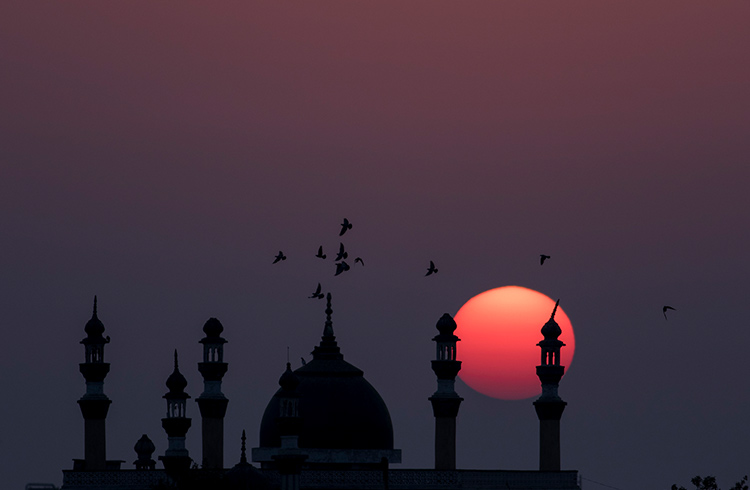Terrorism and Violence in Pakistan: What's the Risk?
With conflict between ethnic groups and terror attacks including state sponsored attacks, traveling to Pakistan is risky.
 Photo © Getty Images/fahadee.com
Photo © Getty Images/fahadee.com
Areas visited by travelers are frequently targeted, and the truth is that pretty much everywhere is a target. In Pakistan, terrorism can strike just about anywhere.
If you are traveling to Pakistan, the best thing you can do is stay up to date with news and social media – always be aware of what is happening around the country, and be prepared to leave or ditch your plans if any violence or terrorist events occur.
History of terrorist attacks
Between 2009–2011, hundreds of people have died in terrorist attacks. Suicide bomb attacks, car bomb attacks, open attacks with automatic weapons and rocket launchers are currently occurring in Pakistan, with several incidents occurring in May 2011.
Particular targets for terrorism are (but are in no way limited to) any area travelers are known to visit, including places of employment, resorts, business interests, embassies and consulates and UN facilities as well as open air markets and religious institutions.
Hotels in general remain high risk terrorist targets – the Marriot Hotel was bombed in September 2008 resulting in hundreds injured and more than fifty people killed. In June 2009, the Pearl Continental hotel in Peshawar was also bombed, killing at least 11 people and injuring at least 46 others. Hotels, especially Western style hotels, should be considered an active target for terrorism.
What are the biggest terrorism targets?
Shia, Ahmadi, and Sufi institutions and organised events should be considered active terrorist targets, as several have been targeted resulting in hundreds of deaths. Shia processions in Lahore have been attacked multiple times in recent years, with 11 people being killed and another 50 injured in Janurary 2011. Shrines and Mosques are not safe either, with a Sufi shrine in Karachi suffering an attack in October 2010 killing eight people and injuring 50. In July of 2010, a suicide bombing at a Sufi place of worship in Lahore killed at least 40 people with more than 170 people injured, and in May of 2010, attacked on Ahmadi places of worship in Lahore left nearly a hundred people killed and more than a hundred injured.
Pakistani government institutions are regular and ongoing targets of attack, with open assaults occurring in May 2011 on Naval and Air Force bases. There have been several suicide bombings, car bombings, bombings and open attacks on Pakistani government, military and police institutions over the last few years, and any and all government buildings should be considered at high risk of terrorist attack.
What travelers need to know
Foreigners in Pakistan are targeted for terrorist attacks, as well as kidnapping for ransom or political persuasion. The general level of terrorism in Pakistan is so high, that attacks on western interests do not stand out above and beyond attacks on native Pakistani interests and people. However, that does not mean that the threat and risk of terrorism in Pakistan is low for travelers.
Pakistan is one of the top five countries with the highest risk of terrorism, it's up there with Iraq, Afghanistan, Nigeria and Syria. Anything and everything is a target, however, open-air markets, western interests, Pakistani government interests, and Sufi, Shia, and Ahmadi religious gatherings remain highest on the list.
Consider very carefully your reasons for visiting Pakistan and whether or not it is necessary for you to go. Currently, it is not a question of if a terrorist incident will occur within any given month, but when, how many, and how severe.
Simple and flexible travel insurance
You can buy at home or while traveling, and claim online from anywhere in the world. With 150+ adventure activities covered and 24/7 emergency assistance.
Get a quote
No Comments